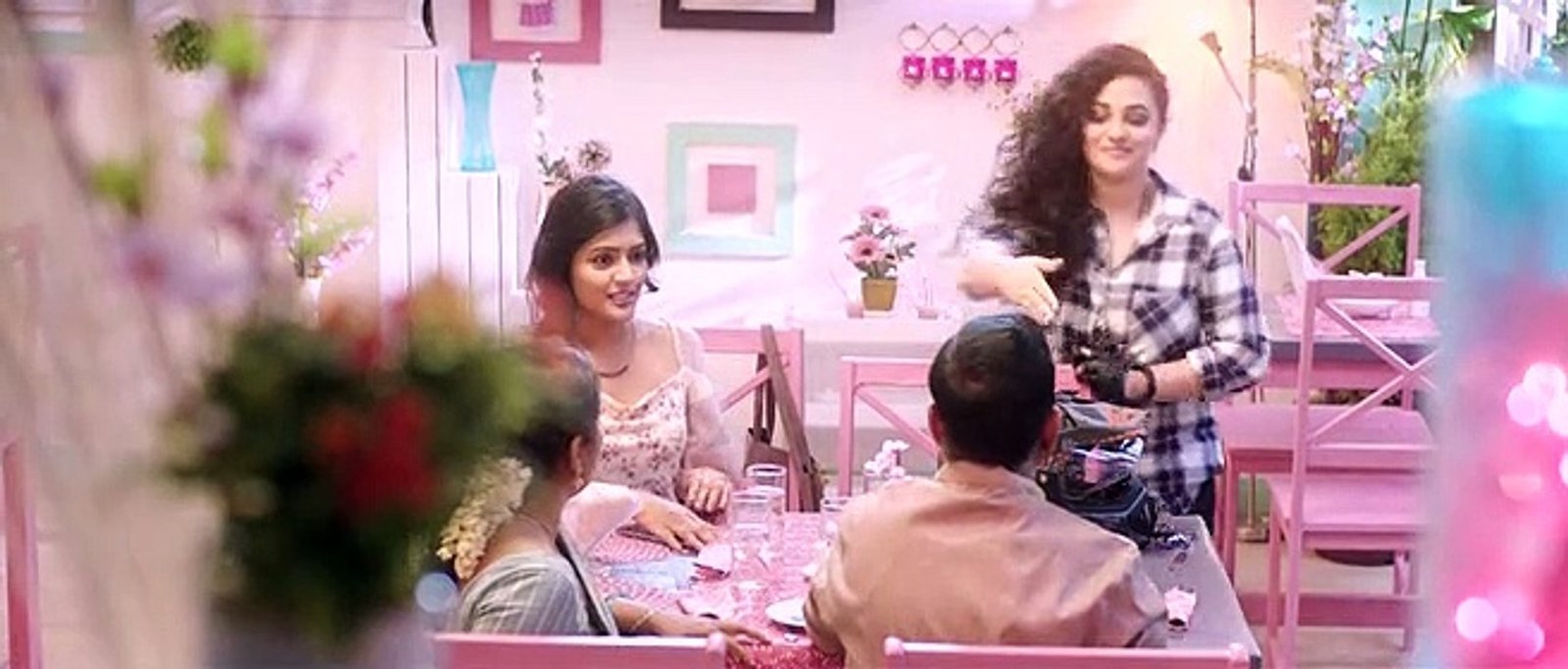Representation in Indian Cinema: Same-sex Love Stories That Moved Audiences
The Lesbian Love Tale of Krishna and Radha in Awe
While Indian cinema has slowly opened its doors to LGBTQ+ themes, mainstream films are still hesitant to place same-sex relationships at the centre of their narratives. Bollywood, for example, has produced only a handful of movielike Ek Ladik Ko Decha Toh Aisa Laga (2019) and Shubh Mangal Zyada Saadhan (2020) that openly portray homosexuality.
But it was the Telugu film industry that surprised audiences with a bold step in 2018. The movie Awe, directed by Prasanth Varma and produced by actor Nani, became a groundbreaking experiment in Tollywood storytelling. Featuring a stellar cast including Kajal Aggarwal, Nithya Menen, Regina Cassandra, and Eesha Rebba, Awe blended elements of love, fantasy, and psychological thriller while pushing the boundaries of representation.
The Love Story of Krishna and Radha
Among its multiple parallel storylines, awe weaves in a tender lesbian romance between Krishna (played by Nithya Menen) and Radha (played by Eesha Rebba).
Spoiler Alert:
In one pivotal scene, Radha decides to introduce her partner “Krishna” to her conservative parents, who assume they are about to meet her boyfriend. When Nithya Menen’s character arrives and introduces herself as Krishna, the revelation shocks Radha’s parents: Krishna is a woman, and Radha is in a same-sex relationship.
The parents react with disapproval, but Krishna calmly explains that she is a psychiatrist who met Radha during therapy sessions. She further shares that Radha’s difficult childhood shaped her orientation and feelings toward men. While the film does frame Radha’s queerness in psychological terms choice that sparked debate the relationship is still portrayed with warmth, dignity, and courage.
A Twist That Redefines the Narrative
The story eventually reveals that all the characters including Krishna and Radha exist only in the fractured mind of Kali (played by Kajal Aggarwal), who suffers from multiple personality disorder. In the climax, when Kali tragically takes her own life, all the personalities, including Krish and Radha, disappear.
Despite this narrative twist, the lesbian love story between Krishna and Radha left a lasting impression. It was one of the first mainstream Telugu films to normalize same-sex love on screen and give it emotional weight, even if framed within a larger psychological drama.
Why Awe
Though imperfect, Awe marked a milestone in South Indian cinema’s engagement with queer representation. By portraying a lesbian couple with tenderness and complexity, the film joined the growing movement of Indian filmmakers who dare to tell stories that reflect diverse sexualities and lived experiences.
While Bollywood often hesitates, regional cinema like Awe shows that bold storytelling can break stereotypes and spark conversations about acceptance and love beyond gender norms.






